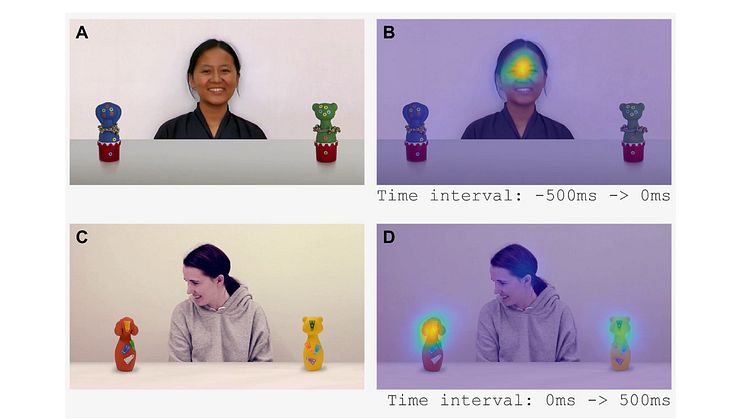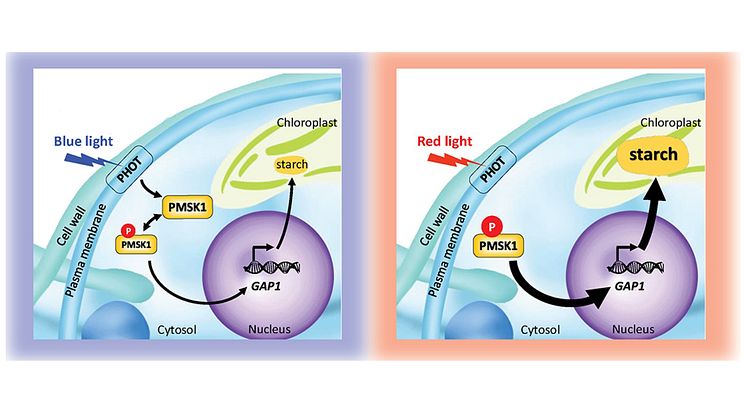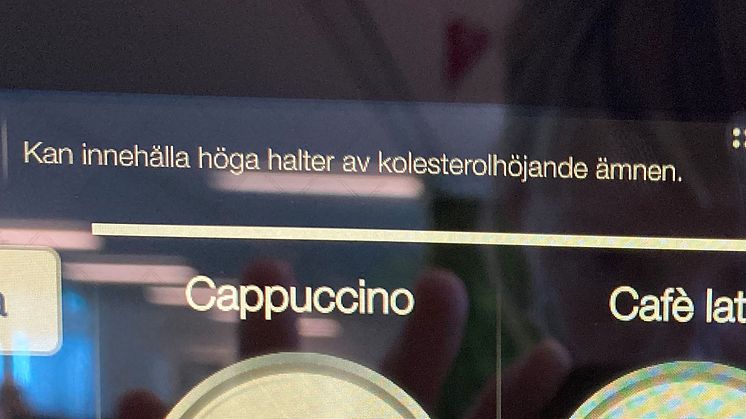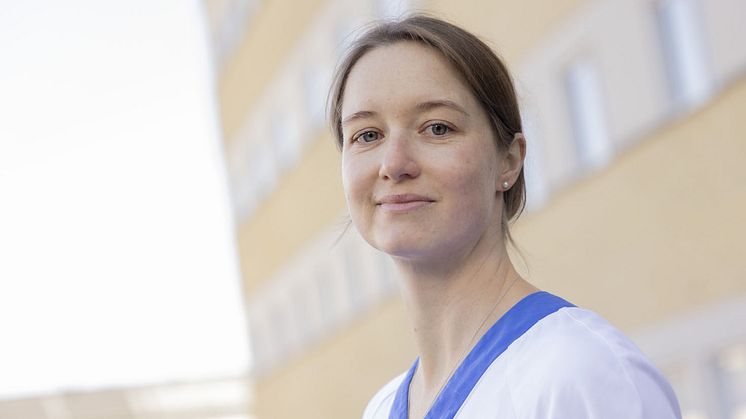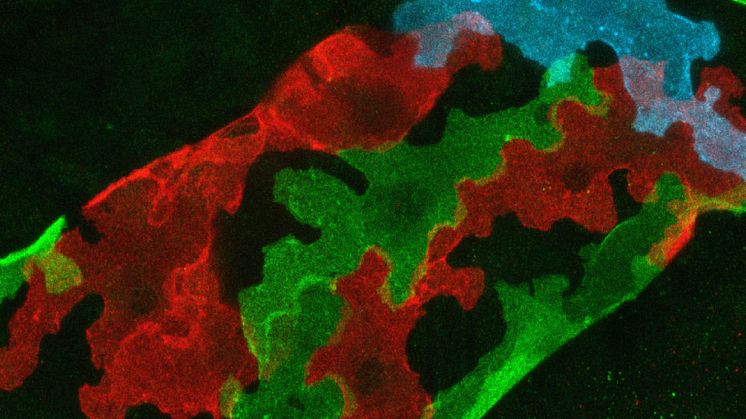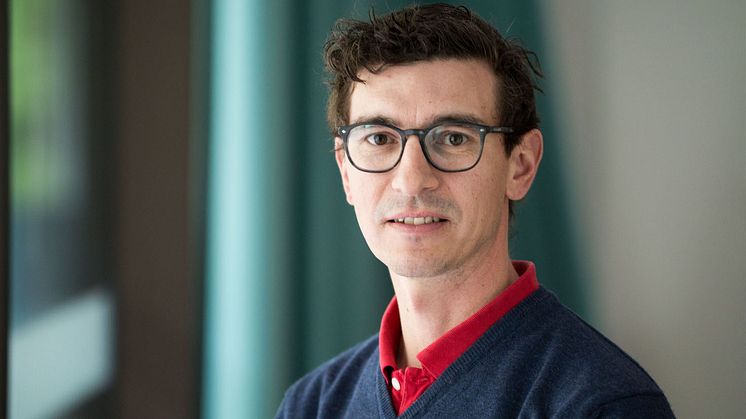
New AI model improves MS diagnostics
To provide the right treatment for MS, it is important to know when the disease changes from relapsing-remitting to secondary progressive, a transition that is currently recognised on average three years too late. Researchers at Uppsala University have now developed an AI model that can determine with 90 per cent certainty which variant the patient has.
